“Mummy, I think the Rainbow Warrior needs longer arms so she can litter-pick properly,” my four-year-old pipes up authoritatively. “How will she reach the rubbish otherwise?”
She’s referring to a huge sculpture created by members of the choir I sing with for our local carnival – an imposing, vibrantly-clad figure that formed the centrepiece of our parade float.
We marched behind her at the event last month, later performing a song also called Rainbow Warrior, which mourns the destruction of our beautiful planet, from a collection entitled Sing for Your Life.
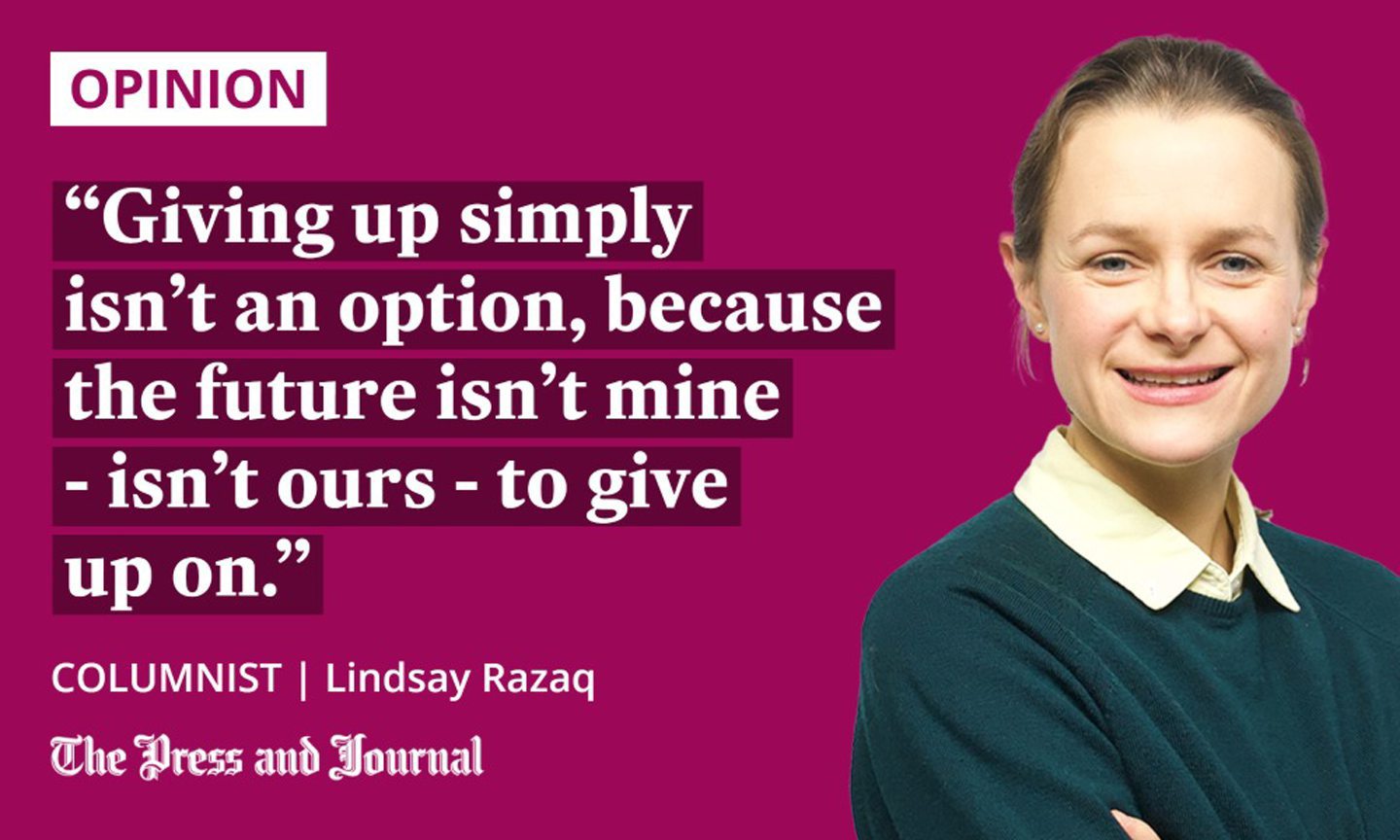
Based on a Native American proverb, the lyrics describe the warrior’s grief at the harms we’ve inflicted, while also calling on humankind to “beat the drum” to hasten her return to save the earth.
As you can hopefully imagine, it was an inspiring day. For the first time in ages, I felt a sense of community again, something we were painfully starved of during the Covid lockdowns.
Moreover, Maya was invited to join in, tasked with holding a section of the model’s colourful skirt along the route. She was so proud to be involved that my heart nearly burst watching her carry out her job with the utmost seriousness, while giving queenly waves to onlookers.
And, though her litter-picking comment would suggest my pearls of wisdom about the warrior being symbolic of our collective environmental responsibility weren’t totally understood, she seems to be gradually grasping the notion that everyone must do their bit.
The experience absolutely had a significant impact on her, and seeing her recount it since to anyone who’ll listen has been uplifting.
But, her enthusiasm and childish innocence have prompted another emotion, too – despair – as I contemplate what we are passing on to our children and their children’s children. Or, indeed, what we are not.
Difficult not to feel disheartened
What’s especially depressing is how long it’s taking to get our act together.
Singing about the perils facing our world reminded me of a similarly-themed school play I was part of some 30 years ago – The Emerald Crown by Debbie Campbell.
Whatever efforts we endeavour to make as individuals, ultimately, we remain at the mercy of politicians and governments, relying on them to do the right thing
Despite the passage of time, I can still recall the melodies and words, as is often the case when it comes to music and long-term memory.
“Twentieth-century Highway Man travels the world and he takes what he can…”
“It takes a hundred years for a forest tree to grow… How long will it be before you can see that what you are doing is wrong?”
Well, we are now decades into the 21st century, and I’m an adult with children of my own, one of them already half the age I was then.
It’s difficult not to feel disheartened, and hardly surprising that so many young people are suffering from climate-related anxiety, or find themselves buying into the dangerous claims of so-called “climate doomers”, arguing that we’ve lost the battle against global warming, that we’ve passed the point of no return.
Because, whatever efforts we endeavour to make as individuals, ultimately, we remain at the mercy of politicians and governments, relying on them to do the right thing and stick to emissions-cutting commitments that aren’t always legally binding.
The race to identify new fossil fuel projects following Russia’s invasion of Ukraine is the perfect case in point, once more exposing our propensity for short-term thinking and willingness to sideline the environmental agenda when – if anything – current circumstances and concerns around global energy supply actually reinforce the argument for switching to alternative, renewable sources.
‘We do not inherit the earth from our ancestors; we borrow it from our children’
As I say, it’s easy to feel discouraged, hopeless even, and to conclude it’s not worth bothering.
But, then I think of that little girl who keeps asking her mum to “sing the Rainbow Warrior song”, who regularly requests to go out litter-picking, who loses track of time if she comes across a ladybird.
I think of Maya and my two-year-old son, Kamran, who’s recently learnt to say “bee” and insists on showing me excitedly whenever he sees one. I focus on them, whose lives are just beginning, and my strength is renewed.
To quote another Native American saying: “We do not inherit the earth from our ancestors; we borrow it from our children.”
Giving up simply isn’t an option, because the future isn’t mine – isn’t ours – to give up on.
And, who would it benefit anyway? Only the very vested interests whose habits we are seeking to force to change, who’d be emboldened to plough ahead regardless.
Besides, there is much to feel positive about, particularly technological advances with possibly game-changing applications, such as the development of more sustainable plastic alternatives. These promise to massively expand our individual potentials to make meaningful and noticeable differences on a daily basis.
It might feel pointless at moments. It does. But it’s not.
Let’s each try to find the warrior within us and answer the earth’s summons.
Lindsay Razaq is a journalist and former P&J Westminster political correspondent who now combines freelance writing with being a mum
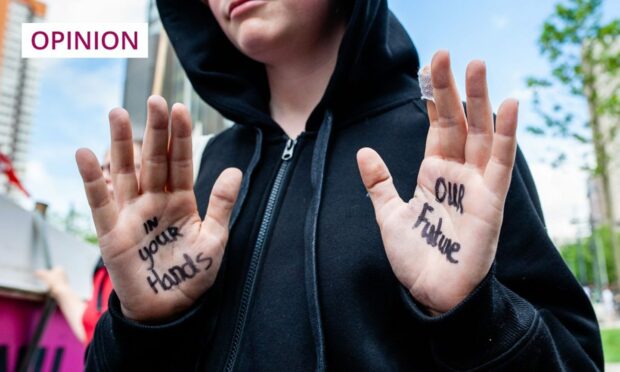

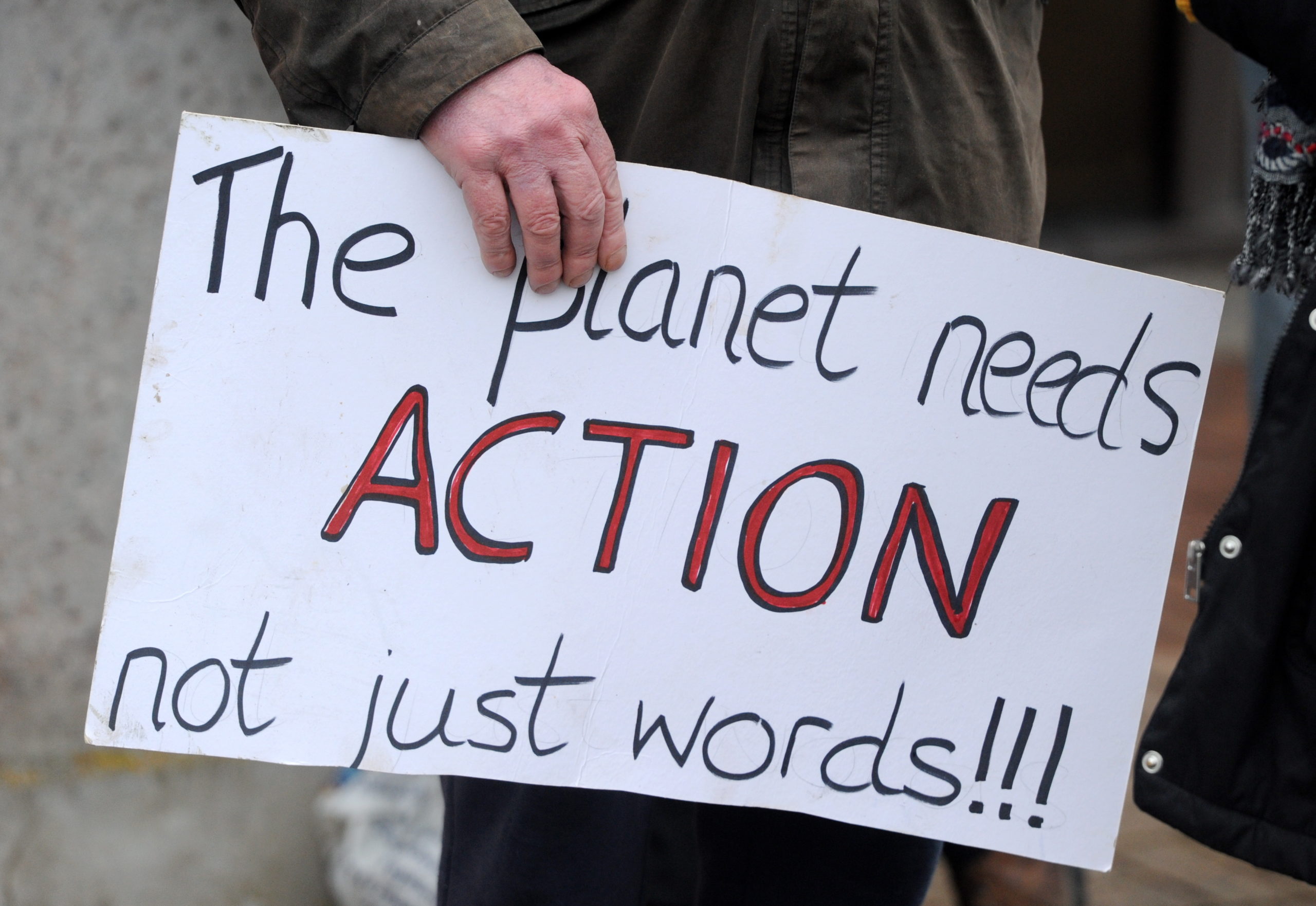
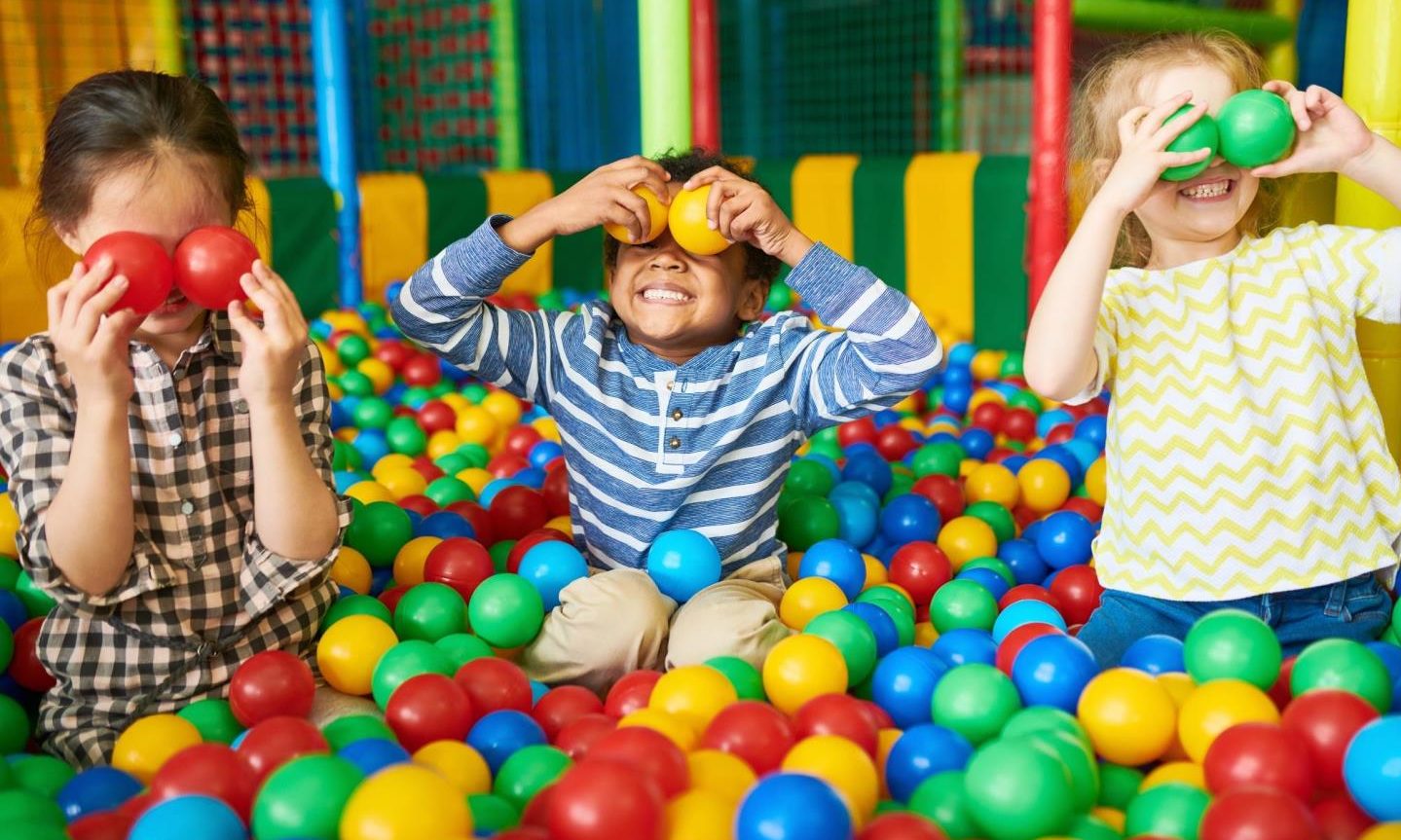
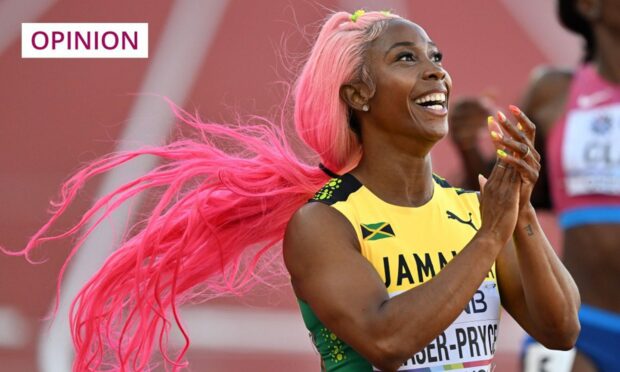
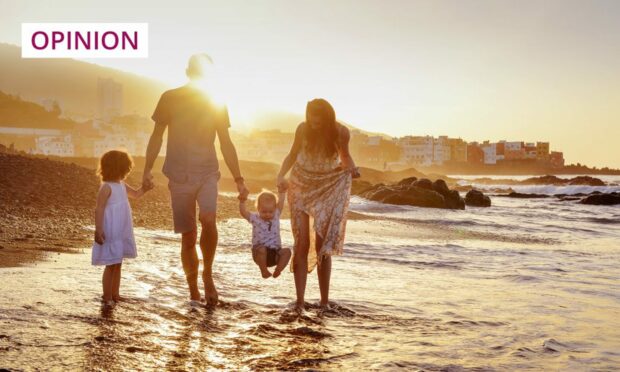
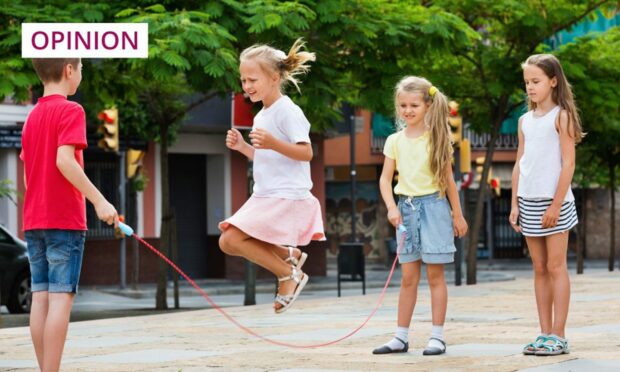
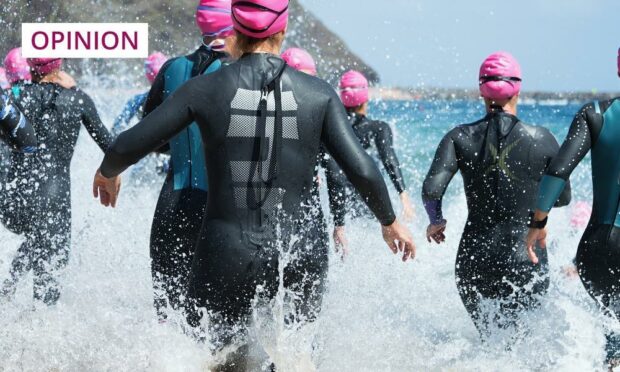
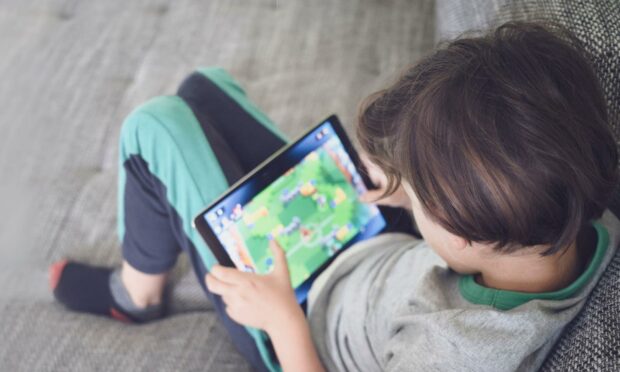
Conversation